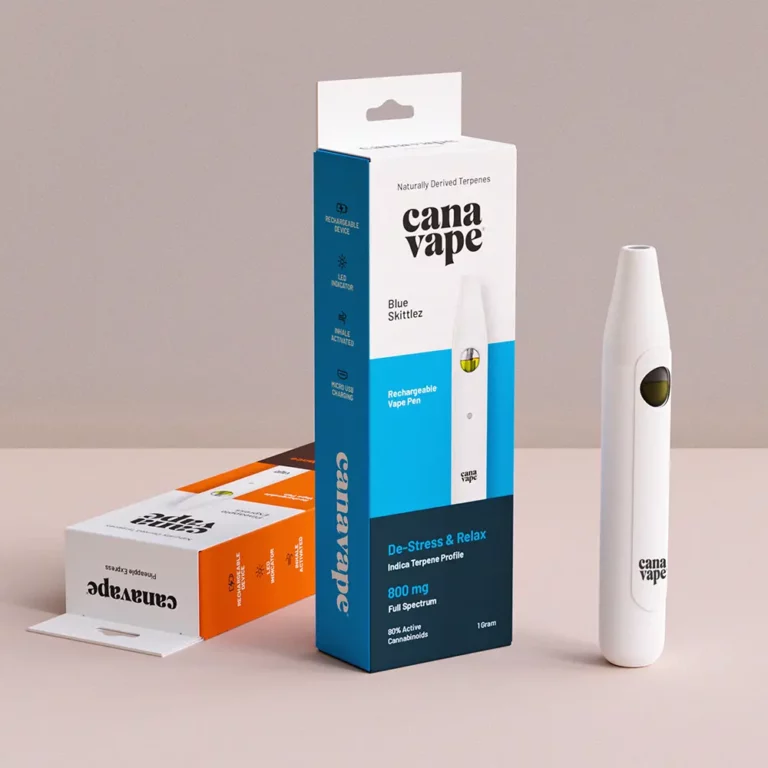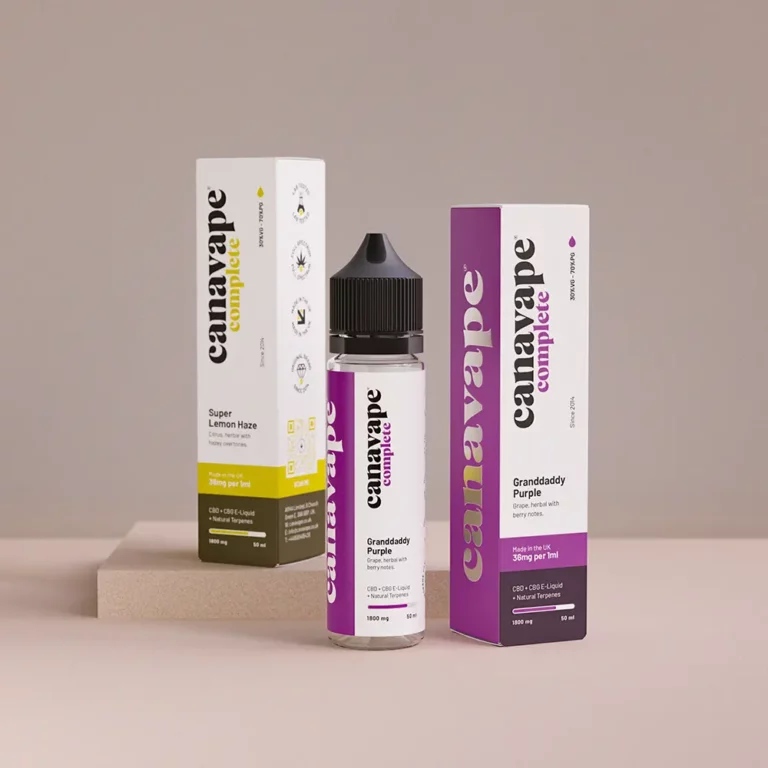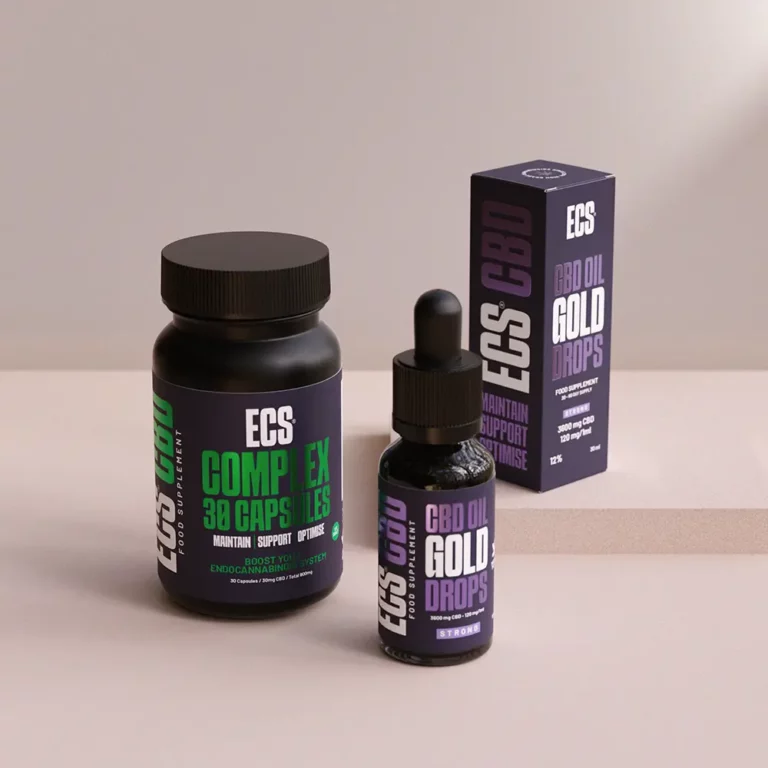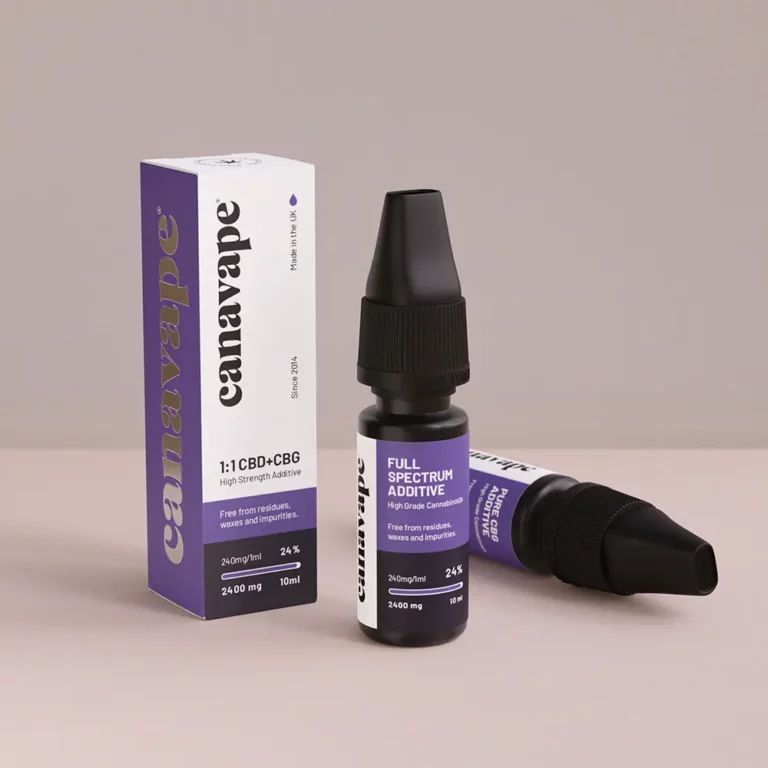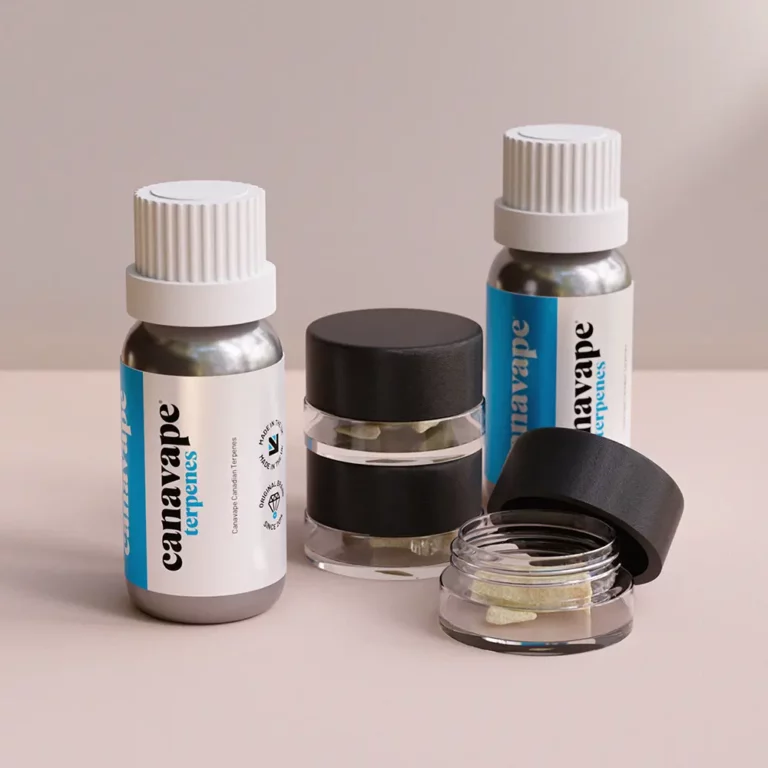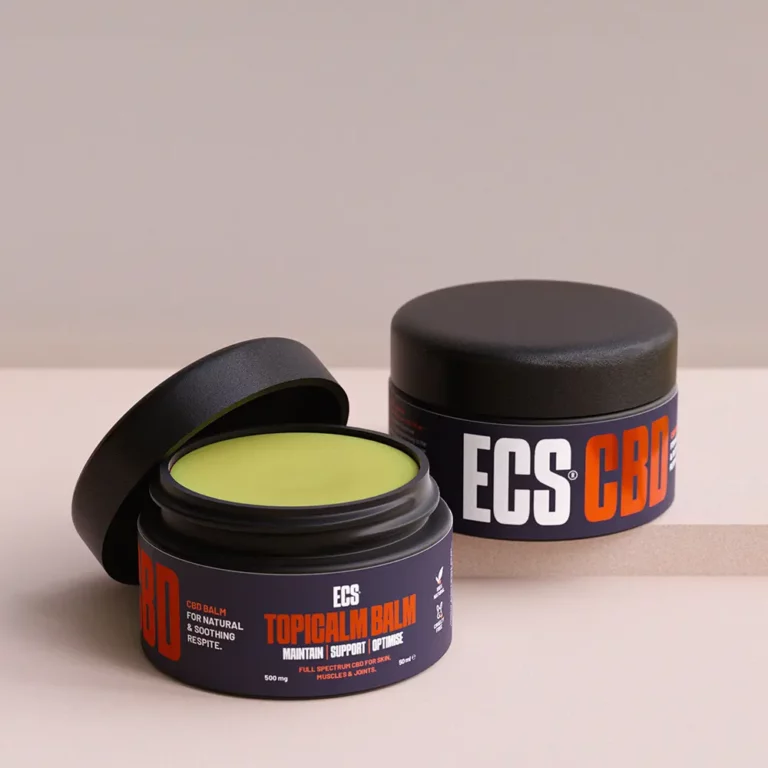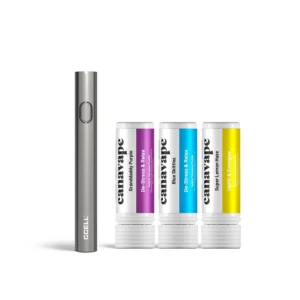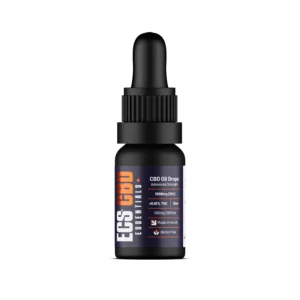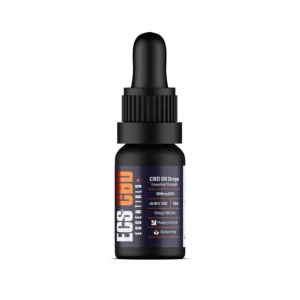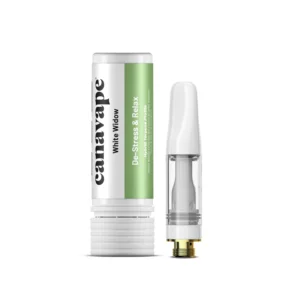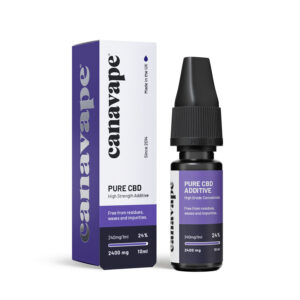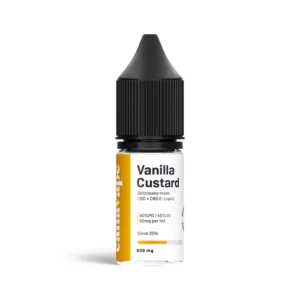When it comes to choosing the best carrier oil for CBD, there are several factors to consider. The carrier oil plays a crucial role in the effectiveness and bioavailability of CBD products. It not only helps deliver the CBD to your body but also enhances its absorption and overall therapeutic benefits.
Definition: A carrier oil is a neutral oil that is used to dilute and carry the CBD extract in various CBD products, such as tinctures, oils, creams, and capsules. It acts as a vehicle for CBD, allowing it to be easily absorbed by the body.
Background: CBD is a fat-soluble compound, meaning it dissolves in fats and oils rather than water. This is why carrier oils are essential in CBD products, as they provide the necessary fat content for CBD to dissolve and be effectively absorbed by the body.
Key Principles: The best carrier oil for CBD should meet certain key principles to ensure optimal absorption and efficacy:
- Compatibility: The carrier oil should be compatible with CBD, enhancing its bioavailability and therapeutic effects.
- Nutritional Value: It should offer nutritional benefits and complement the potential health benefits of CBD.
- Stability: The carrier oil should have a long shelf life and remain stable when combined with CBD.
- Taste and Odor: It should have a mild flavor and aroma that does not overpower or alter the natural taste of CBD.
Components: Different carrier oils have distinct components that can influence their effectiveness when combined with CBD. Some of the most popular carrier oils for CBD include:
- MCT Oil: Medium-chain triglyceride (MCT) oil is derived from coconut or palm kernel oil. It is highly bioavailable, easily absorbed by the body, and has a long shelf life. MCT oil is known for its potential cognitive and energy-boosting benefits, making it a popular choice for CBD products.
- Hemp Seed Oil: Derived from the seeds of the hemp plant, hemp seed oil is rich in omega-3 and omega-6 fatty acids, as well as vitamins and minerals. It offers potential anti-inflammatory properties and complements the potential benefits of CBD.
- Olive Oil: Olive oil is a widely used carrier oil known for its health benefits. It is rich in antioxidants and monounsaturated fats, which may support heart health and reduce inflammation. Olive oil has a mild flavor, making it suitable for those who prefer a more natural taste.
- Grapeseed Oil: Extracted from grape seeds, grapeseed oil is a lightweight carrier oil that is easily absorbed by the skin. It is rich in antioxidants and vitamin E, which can promote skin health and provide potential anti-aging benefits. Grapeseed oil has a neutral flavor, making it a versatile option for CBD products.
While these are some of the most popular carrier oils for CBD, it is important to note that the best carrier oil ultimately depends on personal preference and desired effects. Some individuals may prefer the taste and potential benefits of hemp seed oil, while others may opt for the fast-acting properties of MCT oil.
At Canavape, we understand the importance of choosing the right carrier oil for CBD products. That’s why we carefully select high-quality carrier oils that meet our stringent standards for purity, effectiveness, and compatibility with CBD. Whether you’re looking for a tincture, oil, cream, or capsule, you can trust that our products are formulated with the best carrier oils to enhance your CBD experience.
When it comes to finding the best carrier oil for CBD, it’s essential to consider factors such as compatibility, nutritional value, stability, taste, and odor. By understanding the different carrier oils available and their unique properties, you can make an informed decision and choose the carrier oil that suits your needs and preferences.
